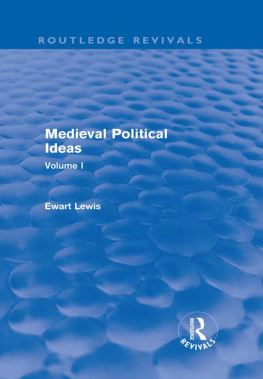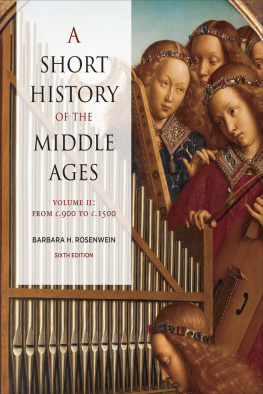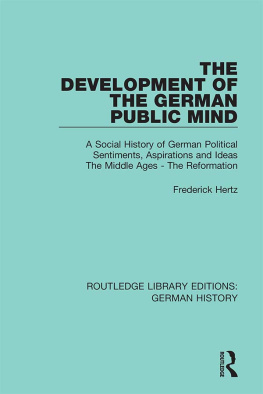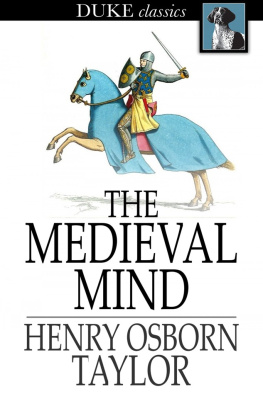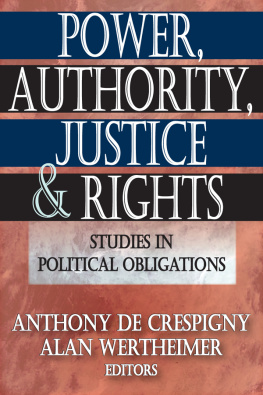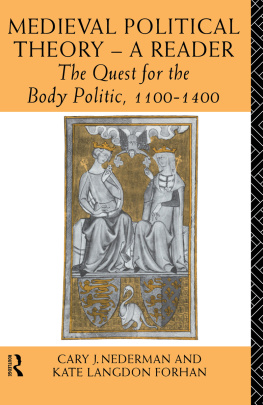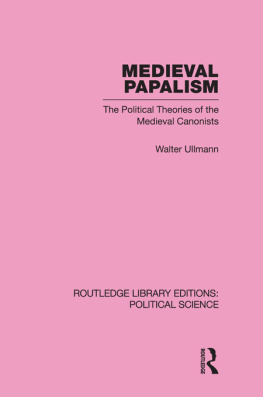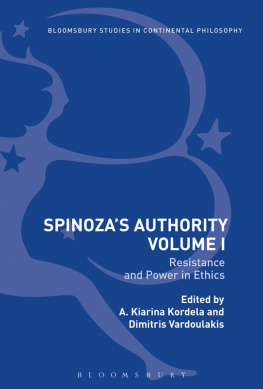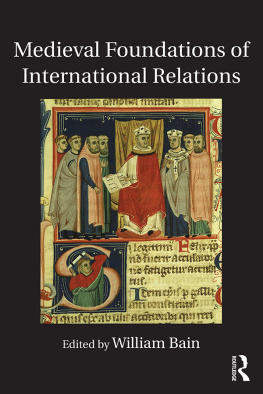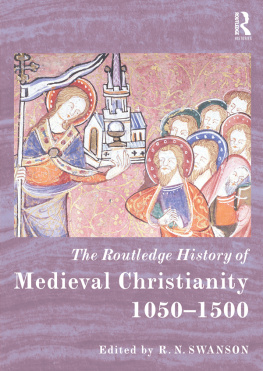First published 1954
by Routledge & Kegan Pal Ltd
This edition first published in 2013 by Routledge
2 Park Square, Milton Park, Abingdon, Oxon, OX14 4RN
Simultaneously published in the USA and Canada
by Routledge
711 Third Avenue, New York, NY 10017
Routledge is an imprint of the Taylor & Francis Group, an informa business
1954 Ewart Lewis
All rights reserved. No part of this book may be reprinted or reproduced or utilised in any form or by any electronic, mechanical, or other means, now known or hereafter invented, including photocopying and recording, or in any information storage or retrieval system, without permission in writing from the publishers.
Publisher's Note
The publisher has gone to great lengths to ensure the quality of this reprint but points
out that some imperfections in the original copies may be apparent.
Disclaimer
The publisher has made every effort to trace copyright holders and welcomes
correspondence from those they have been unable to contact.
A Library of Congress record exists under ISBN: 54014595
ISBN: 978-0-415-64193-7 (hbk)
ISBN: 978-0-203-08096-2 (ebk)
MEDIEVAL POLITICAL IDEAS
T HIS book was planned in the hope that it might be useful to teachers and advanced students of political theory and of medieval history who feel the need of a more intimate acquaintance with the political ideas of the Middle Ages but find considerable difficulties in their way.
The source material is voluminous, and a great deal of it is inaccessible to the non-specialist. Only a small fraction of the important writings of medieval publicists can be found in English translation; modern editions even of Latin texts are lacking in many instances, so that firsthand acquaintance with such well-reputed works as, for example, the De Regimine Principum of Aegidius Romanus, the Dialogus of Occam, or the conciliarist pamphlets of Gerson can be pursued only under the rather forbidding auspices of the rare book rooms of the largest university libraries. Some progress, indeed, is being steadily made, especially in the modern publication of Latin texts. But much remains to be done; and the barriers imposed by language and sheer extent do not yield readily to attack. It is hard to imagine a day when the average professor of political theory, preparing his lecture on the conciliar movement, will be able to dip into his well-underlined copy of Cusa's De Concordantia Catholica with the same facility as that with which, earlier in the semester, he had turned to the Politics of Aristotle or that with which he will later turn, with a sigh of relief, to the Second Treatise on Civil Government. If ever a book of readings is justified, it would seem to be justified in the field of medieval political thought.
This assumes, of course, that the field is one worth knowing. Its significance for the medieval historian need not be argued; he is, pre-sumably, already committed to the proposition that what happened in the Middle Ages is interesting and important, though he may question whether the thoughts that happened then are as interesting and important as certain other phenomena. My remarks are addressed primarily to the political theorist, who tends to be much more comfortable among ideas more directly related to the values and problems of the modern world, and who often, no doubt, surreptitiously wishes that merciful oblivion would again blot out those teeming centuries that intervene between, shall we say, Cicero and Machiavelli. Of course, as a historian of theory, he is well aware that the ideas of those centuries were links in an intellectual chain, so that some understanding of medieval patterns of thought helps in the precise recognition of what Bodin, or Hooker, or Locke was driving at. He also knows that modern Catholic thought is self-consciously continuous with constructions developed in the Middle Ages. But he is less likely to appreciate that medieval political thought has some significance besides its significance as a background.
A good deal of it was directed upon problems that remain the central problems of any politicaltheory; and some of the minds that worked on those problems were excellent ones, highly trained in sharp definition and logical analysis. True, their frames of reference, both practical and ideological, were different from ours; but for that very reason acquaintance with their ways of handling the eternal questions can be an illuminating experience, revealing new dimensions for conceptual problems that we tend to treat within the perspectives of our own world. In a sense, knowledge of medieval thought helps to make the study of political theory a really comparative study. There were, moreover, points at which medieval political thought reached, it seems to me, a definitive statement in the sense that it pursued the implications of a certain point of view about as far as they could be pursued. The explorations of the problem of political obligation by Aquinas and by Occam, for example, are remarkable achievements in clarification on normative, rationalist premises and are, accordingly, an absolute contribution to discussion. In this general context, the points at which medieval thought bogged down are quite as suggestive as the points at which it pushed through to lucid and comprehensive statement.
Medieval political thought has another kind of interest. It is common, and in a sense correct, to refer to the unity of medieval civilization, but there is a sense in which one could as plausibly refer to its exceptional dichotomy. The medieval centuries were, roughly speaking, an age in which the conceptual frameworks used by the intellectuals were much more remote from the shape of contemporary institutions than is usually the case. Accordingly, a great part of medieval thought developed from its inherited intellectual chromosomes with comparatively little influence from its environment; and a great part of what seem to us the obviously salient characteristics of that environment were only gradually, painfully, and incompletely formulated into usable conceptual schemes. This is one reason, of course, why the field of medieval political theory is so baffling to the novice, who expects to find in any system of thought some kind of rationalization or, at any rate, some evident reflection of contemporary life. But, if one starts by recognizing the fact of dichotomy, even a superficial acquaintance with medieval political thought can be a fascinating experience. It is a case study in the remarkable vitality of ideas uprooted from the soil in which they had grown; it is a case study in the extreme difficulty which men find, without the help of a continuous and relevant intellectual tradition, in defining the terms of their own daily life and work; it is a case study in the slow and devious ways in which the culture of one civilization can meet and blend with the routine patterns of a civilization that is very different. For the process of assimilation did go on throughout the Middle Ages: concept and custom interacted and finally merged. Perhaps the process was completed, so far as such a process is ever completed, in the sixteenth century.

